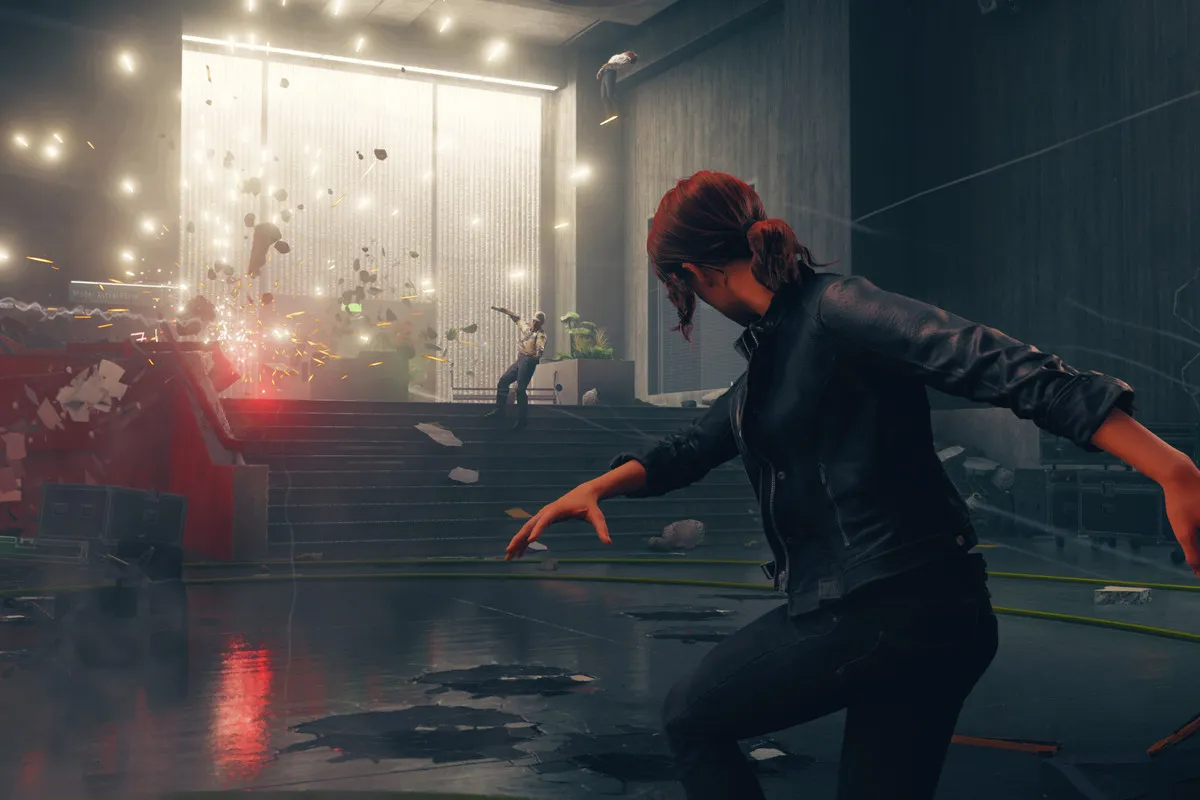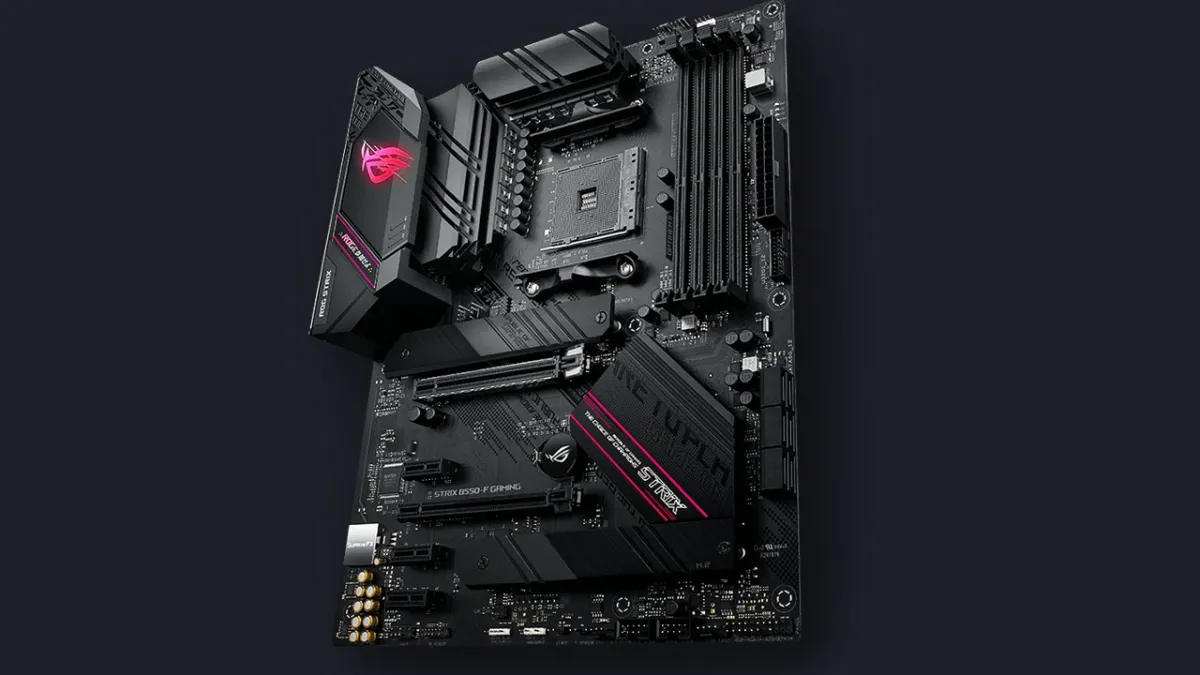Interest in the RTX 40 Series is rapidly increasing in anticipation of an initial fall release. As such, there are many rumors and performance leaks springing up around the internet. Preliminary performance leaks often come from synthetic benchmark tests, but we’re all about the real-world performance here. We at last have something to share in regards to gaming performance of the RTX 40 Series, and it relates to the title Control.
As reported by VideoCardz, Twitter user AGF @XpeaGPU claims to have information about the first in-game score for the full AD102 GPU that’s expected to power the RTX 4090 Ti, or whatever top-end option Nvidia goes with for its RTX 40 Series. According to AGF’s understanding of the test, the AD102 GPU managed to exceed 160+ fps in Control at 4K resolution with DLSS Quality and all other settings cranked to the max, including ray tracing.
Ultimate power play
That’s a hefty increase of about 2.2x the performance compared to the existing flagship RTX 3090 Ti. However, AGF noted that these results were achieved at “high power draw,” which doesn’t tell us much. There are rumored 450W, 600W, and 800W TDPs for the AD102 die. Considering this is the “full AD102” with high power draw, we can probably count the standard RTX 4090 out. It’s also important to note that AGF did not provide the other system specs that contributed to this result.
It appears Nvidia may redefine what a “high-end PC” truly means if it launches 600-800W graphics cards this next generation. This level of performance sounds tantalizing, but it simply won’t be realistic for the overwhelming majority of gamers. Even 450W of power consumption is pushing it in terms of what most are willing to deal with.
Got first in game score. Full AD102 at "high power draw" (whatever does it mean, maybe OC?) in Control Ultra 4k RT + DLSS reaches 160+fps. Don't know which CPU, RAM, GPU clock, but it looks very high to me. What a 3090Ti does in this bench?
— AGF (@XpeaGPU) July 19, 2022
We can still look forward to big performance increases in the mainstream RTX 40 Series models, though, at least according to the leaks and rumors. Another interesting bit about this particular game is that Control served as a major marketing focus for Nvidia when rolling out DLSS 2.0 and pitching ray tracing for the RTX 20 Series.
Back then, you needed a $1,199 USD RTX 2080 Ti to manage 4K 60fps. We’d also need to do some digging on exact settings, as it was likely not “cranked up to the max” back then like what was done for this test. It’s likely we could see Nvidia demo Control again to show the relative performance of its RTX 40 Series graphics cards.
As always, remember that these types of rumors are unconfirmed and shouldn’t be taken as fact unless coming from official sources or established reviewers. However, AGF’s estimates appear in line with expectations, so we thought it worth sharing.




